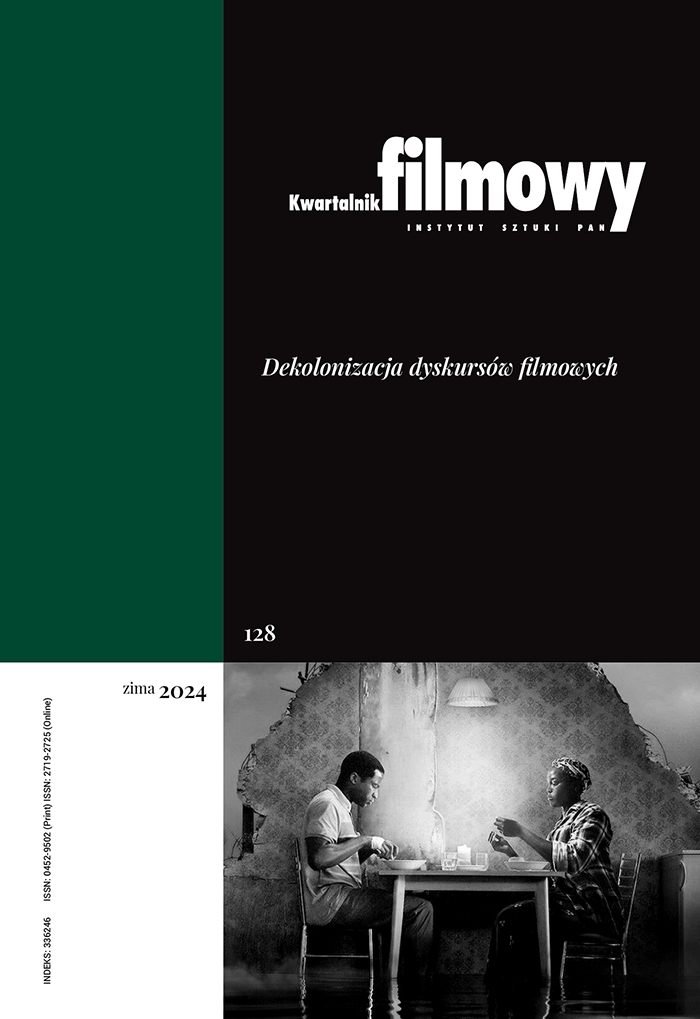Mistrz-uczeń czy pan-niewolnik? Postkolonialne spojrzenie na powojenne relacje sowiecko-jugosłowiańskie na przykładzie filmu „W górach Jugosławii”
Master-Apprentice or Master-Slave?: A Postcolonial View of Post-war Soviet-Yugoslav Relations by the Example of In the Mountains of Yugoslavia
Author(s): Michał BobrowskiSubject(s): Film / Cinema / Cinematography, Sociology of Art, History of Art
Published by: Instytut Sztuki Polskiej Akademii Nauk
Keywords: analysis of programmes; databases in film studies; comparative studies; film import; television in Polish People’s Republic; film distribution;
Summary/Abstract: The paper focuses on Abram Room’s 1946 Soviet film In the Mountains of Yugoslavia (V gorakh Yugoslavii), viewed through the lens of postcolonial theory. The film itself, as well as the story behind its production, exemplify the imperialist cultural practices of the Stalinist Soviet Union. It was shot in Yugoslavia just after World War II and it tells the story of the anti-fascist struggle of Josip Broz Tito’s partisan movement in a manner typical of post-war Soviet socialist realism. It was made in the Russian language by a predominantly Soviet cast and crew featuring a number of aspiring Yugoslav filmmakers and actors. The analysis attempts to reveal the methods of cultural appropriation and ideological manipulation applied by the Soviet filmmakers to contribute to the Kremlin’s general narrative that the Yugoslav partisans’ victory over the occupant was possible only due to the Red Army’s substantial support.
Journal: Kwartalnik Filmowy
- Issue Year: 2024
- Issue No: 128
- Page Range: 80-104
- Page Count: 25
- Language: Polish

